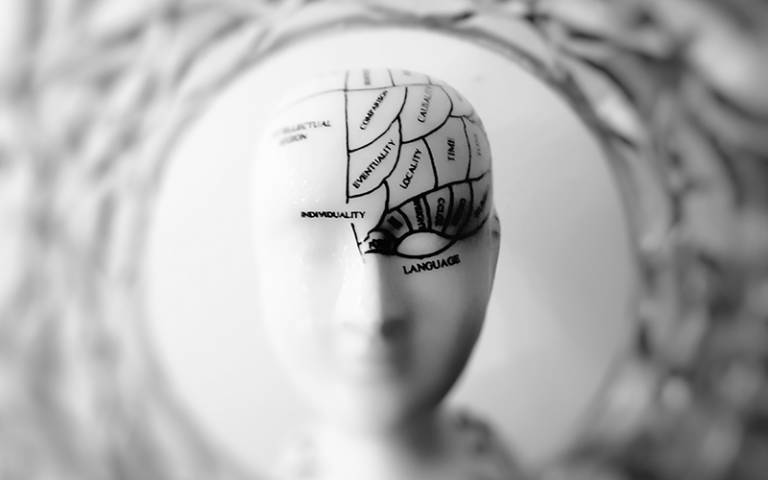How can neuroscience contribute to understanding (and improving) learning in the classroom?
16 November 2021, 6:00 pm–7:00 pm

In this online talk, Professor Michael Thomas will give an overview of how recent developments in our understanding of the brain mechanisms of learning - propelled by advances in brain imaging technology - have put neuroscience in a position to help educators understand how children and adults learn in the classroom.
This event is free.
Event Information
Open to
- All
Availability
- Yes
Cost
- Free
Organiser
-
Dr Roberto Filippi
Professor Thomas will discuss the perils and pitfalls in using these new insights, but also potential gains to provide teachers with a richer set of tools and techniques to improve the educational outcomes of their students.
He will illustrate with some examples taken from the work underway at the cross-institutional Centre for Educational Neuroscience.
This event will be particularly useful for those interested in child development, education, neuroscience, and developmental psychology.
Bridging Educational Sciences with Practice in Education seminar series
The event is part of this knowledge exchange seminar series which aims to bridge educational sciences with practice in education. The UCL Institute of Education, in collaboration with Cambridge Primary Education Trust (CPET) and Cambridgeshire and Peterborough Teaching School Hub, brings you ten leading experts in the field of Education and Psychological Sciences who will engage with you, presenting their work, and outlining policies and new strategies in education.
Related links
About the Speaker
Professor Michael Thomas
Professor of Cognitive Neuroscience at Birkbeck, University of London

His work has addressed translation of findings from behavioural genetics and from the study of brain plasticity to educational contexts. He is currently part of projects investigating the effects of mobile phone usage on executive functions skills in adolescence, evaluating interventions to improve science and maths learning in primary age children, and applying cognitive neuroscience research in reading to improve the outcomes of adult literacy programmes in low income countries.
More about Professor Michael Thomas Close
Close

